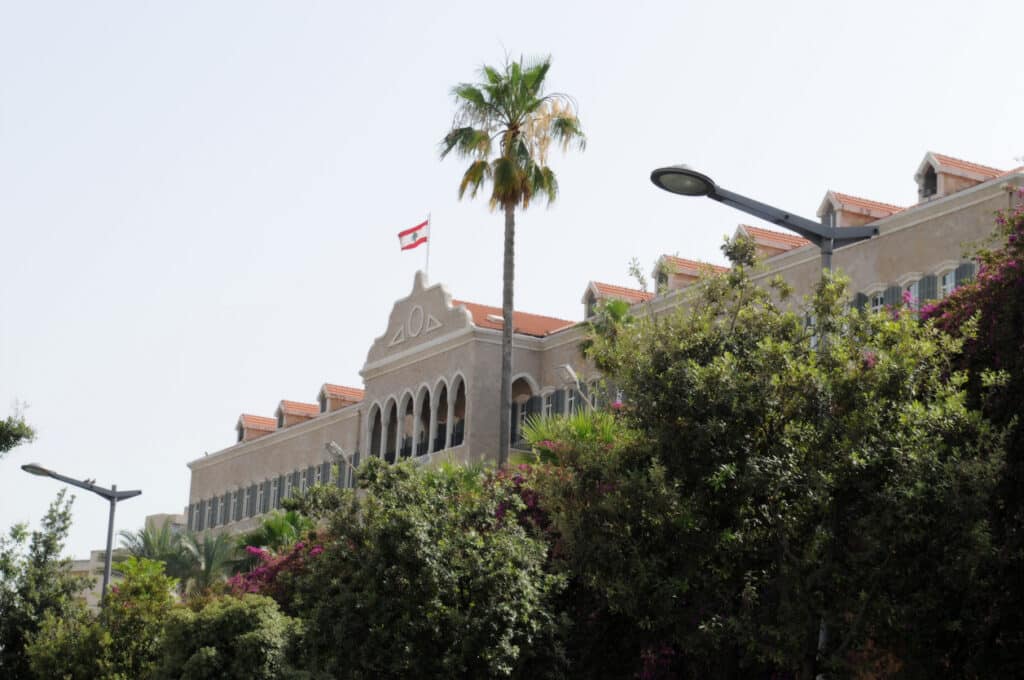In October 2019, the people of Lebanon took to the streets, peacefully protesting for the resignation of all political representatives. The breaking point happened when Lebanese officials announced new tax measures to address the economic crisis. In January 2020, a new political cabinet was appointed. However, the main leaders remained in power. On August 8, 2020, protests reignited after the explosion of 2,750 tons of ammonium nitrate in a Beirut port. The blast killed at least 190 people, injured more than 6,500, and left around 300,000 homeless. Although the cabinet resigned shortly after, the country remains plagued with corruption, and protesters are brutally beaten for speaking out.
On August 10, 2022, Mohammad Almoghabat, a Senior Legal Consultant at the Lebanese Transparency Association, traveled to Washington, DC, to participate in a Transparency and Accountability in Government program by Meridian International Center. During this visit, he spoke to Whistleblower Network News about his anti-corruption work in Lebanon.
Almoghabat said he worked on Lebanon’s ratification of the United Nations Convention Against Crime (UNCAC) in 2009. With the ratification of UNCAC, Almoghobat and others began the legislative process for a Right to Access law enacted in 2017. Almoghobat said it was frustrating that it took eight years to pass per UNCAC’s stipulations, yet the laws still have no teeth. During the pandemic and an economic crisis, the Lebanese government agreed to defer to the International Monetary Fund (IMF) management for economic reform policies in exchange for four years of funding.
Almoghabat expressed the need for a whistleblower law to reduce the fraudulent use of foreign aid. Unfortunately, while the U.S. government provides substantial funding for these international organizations’ programs, they are not U.S. government programs, so the U.S. False Claims Act does not apply. Almoghabat said he wants to see Lebanon implement a law similar to the U.S. Foreign Corrupt Practices Act (FCPA). The FCPA prohibits U.S. citizens and companies from bribing foreign government officials to gain a business advantage.
Almoghabat said that undisclosed conflicts of interest, which often involve public officials and government contractors, are the most common types of white-collar crime in Lebanon. Lebanon has yet to pass a law for mandatory disclosure for conflicts of interest.
Almoghabat listed seven anti-corruption and whistleblower laws that already exist in Lebanon. These include the Right to Access Information (2017), Whistleblower Protection (2018), Strengthening Transparency in the Petroleum Sector (2018), Illicit Enrichment (2020), Fighting Corruption in the Public Sector and the Establishment of the National Anti-Corruption Commission Law (2020), and the Asset Recovery otherwise known as Law No. 214 (2021). Almoghabat explained that these laws are not operational yet.
When asked about the main obstacle to implementing whistleblower laws in Lebanon, Almoghabat refused to settle on just one obstacle. Almoghabat explained that the judicial branch is not independent, which acts as a deterrent for whistleblowers. Another problem is that investigations are started to show the public the government is tackling corruption. But the investigations are dropped within two or three weeks.
Although Lebanon’s future may look bleak and its laws defective, Lebanon seems to be emerging from the crisis in 2022. Almoghabat is optimistic that Lebanon’s current framework of laws has the potential to transform the government’s transparency if reinforced with greater oversight from international organizations.
